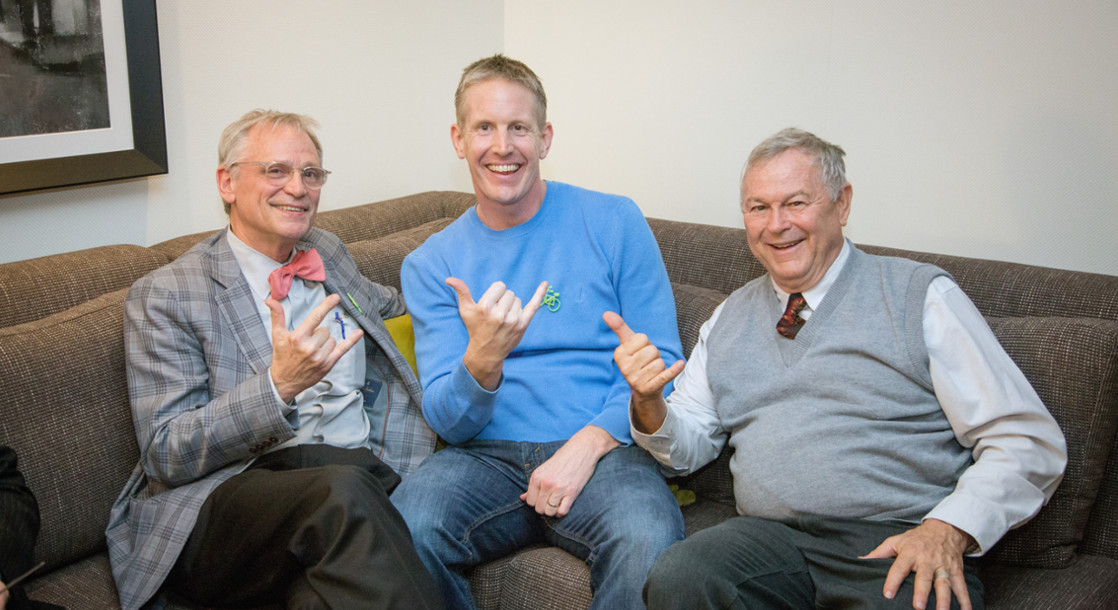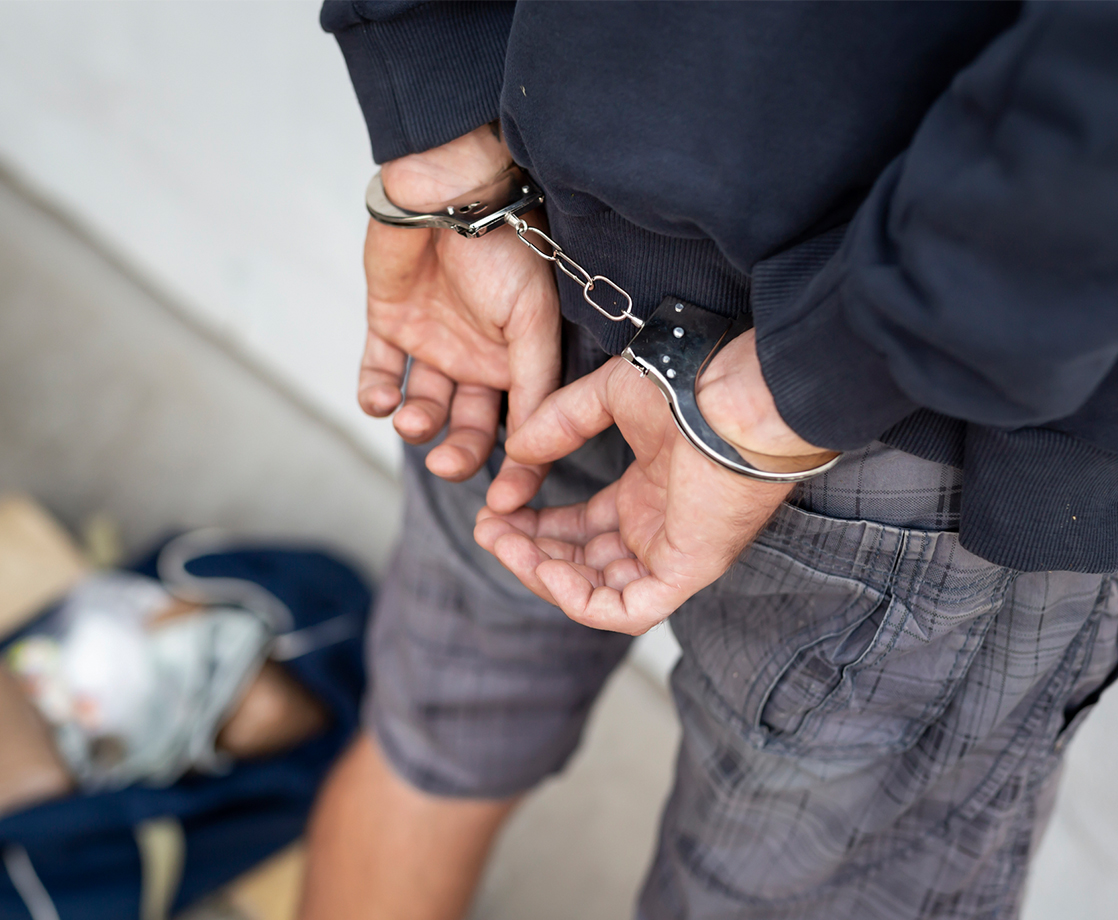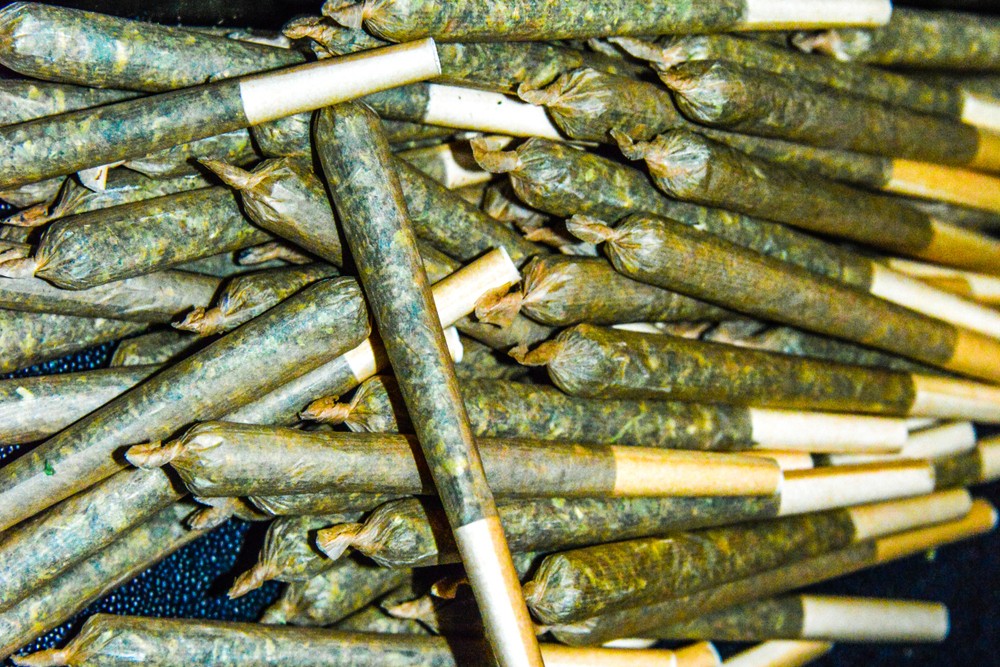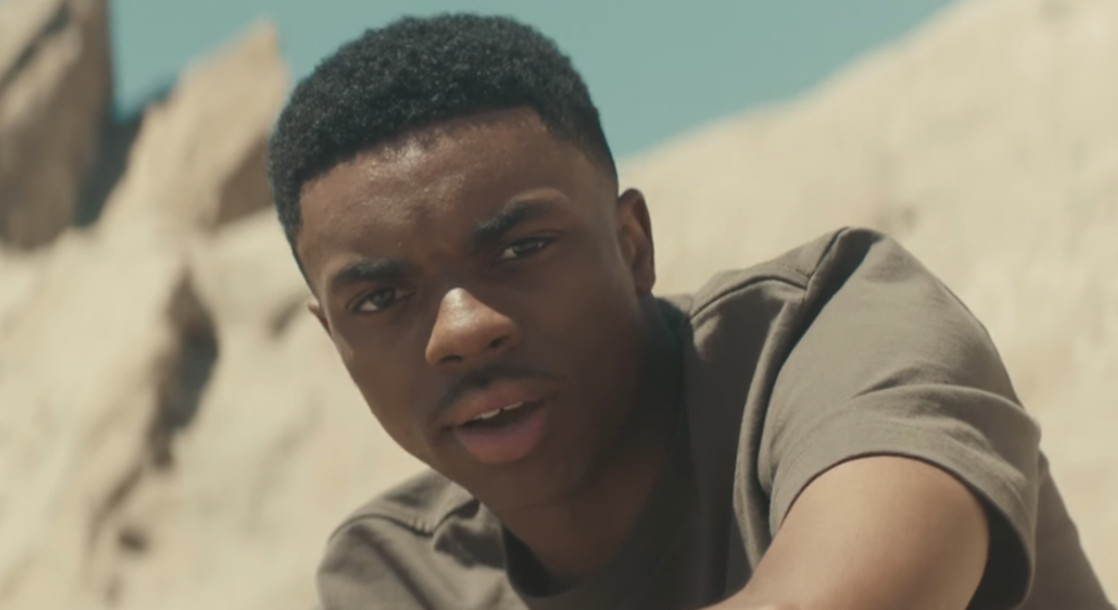Photo of ICBC founder Alex Rogers (center) with U.S. Represenatives Earl Blumenauer (D-OR) and Dana Rohrabacher (R-CA).
If you’ve ever been to a cannabis business conference, you generally know what to expect from the expo and networking scene. In most cases, industry events are held in cavernous rooms at airport-adjacent hotels, where hordes of suit-and-tie green rushers all try their best to convince each other that their company is one step ahead of everyone else’s. And despite some of the same high-profile sponsors and speakers, most conferences are a far cry from their Cannabis Cup cousins, focusing entirely on the profit margins of getting high instead of the act itself.
That’s where Alex Rogers comes in. A cannabis community mainstay since the not-so-glorious days of full prohibition in the early 1990’s, Rogers served six months in a German prison for cannabis-related crimes in 2006 before returning to the U.S., eventually settling in Oregon and opening one of the Beaver State’s premier medical marijuana clinics.
With medical and recreational legalization taking off faster than anyone predicted in the decade since he returned to the States, Rogers has shifted his focus to those now ubiquitous cannabis business conferences. Starting locally and expanding globally, Rogers founded the Oregon Cannabis Business Conference, and subsequently the International Cannabis Business Conference (ICBC) — both with the express goal of bringing culture, activism, and community to the exponentially expanding industry.
After launching the ICBC in 2014, Rogers partnered with cannabis media expert Dean Arbit — the co-founder of California’s New West Summit cannabis conference and creator of the San Francisco Chronicle’s online marijuana blog Smell the Truth — in 2016. Since then, the pair has thrown B2B events in San Francisco, Vancouver, Berlin, and are now bringing the event this December to Kauai, Hawaii, where the duo will host the world’s first “destination cannabis conference.”
To find out what makes their events stand out from the competition, and what visitors and locals alike can expect at the Kauai conference, MERRY JANE tracked down Rogers and Arbit to talk all things ICBC ahead of the December symposium. You can also check out our recent chat with comedian and ICBC speaker Doug Benson here.

This interview has been edited for length and clarity.
MERRY JANE: Let’s start at the beginning, how did you both get involved in the cannabis industry, and how did you become partners?
Alex Rogers: I’ve been in the the cannabis industry since ‘93, from working on Jack Herer’s California hemp initiative to working with groups like Cypress Hill. After about 10 years of fucking around in Europe, I came back to Oregon and started one of the state’s biggest and most prominent medical marijuana clinics, which lead to the Oregon Cannabis Business Conference, and from there, I made the leap to the international conferences and the concept of the ICBC.
But I’m not a CEO, I’m more of an artist/activist and I don’t consider myself a hardcore business guy. So I built the business, but I didn’t understand about scaling and marketing and a lot of these fundamental things it takes to make a business. I grew the ICBC out of pure fire and vision, but then it became bigger than me, and I realized if I was going to take it to the next level I needed advice and partners. Fortunately Dean — who has sold businesses, comes from media, and had previously founded the New West Summit — came on close to a year and a half ago, and he was that fix. He is a CEO, he’s scaled businesses before, and when we partnered together, he respected my old-school activism [and] my hardcore balls-to-the-wall attitude, and I respected his business acumen. Since then we’ve been able to take the ICBC to the next level.
With the international conferences, you’ve set up shop in Berlin, San Francisco, Vancouver and now Hawaii…not exactly San Bernardino, California. Before we get into Hawaii specifically, what is so important about bringing the cannabis industry to world renowned destinations?
Rogers: I consider myself an international citizen. I’ve lived in many different countries and I speak many different languages, and to go to markets that are nascent and burgeoning has been incredible. We did get a little lucky in Germany with medical marijuana legalization turning right before our event, but by thinking globally we were the first to market in Europe as a B2B conference. My whole goal is to spread cannabis internationally.
Dean Arbit: On the business side of it, it made a ton of sense because we had all of these cannabis trailblazers in North America, and we were able to bring them to new consumer markets in Europe. It makes all the sense in the world.
Except that their products still can’t legally cross state, not to mention international borders, right? That doesn’t put a damper on business?
Arbit: No, not really. At our conference in Berlin, our American and Canadian partners were being introduced to the market and businesses in Germany, which is now poised to be a massive medical market — but where they still have no framework for cultivation. The reason that the international cannabis community is huge for us is because our federal laws prevent us from [expanding nationwide], but brands should not sit there and be stifled because of our fucked-up federal laws. We’re still gonna put together players that are doing it right, wherever they are in the world.
That makes sense. Keeping with that idea that most conferences tend to take a more straightlaced, conservative approach to the cannabis industry, you both make sure to bring a strong sense of activism and culture to the ICBC. Why is that so important to you?
Arbit: Point blank the difference is this: we are throwing a cannabis event, and we are both deep cannabis folk. So the people that come to our events aren’t the newbies trying to meet people, it’s the established veterans of the industry coming together to see their brethren, in an environment that’s not overwhelmingly green, or rather wet behind the ears.
Rogers: If you had told me 25 years ago when I had my dreadlocks and I had my sign on Haight-Ashbury saying “legalize weed” — if you had told me that weed was going to be where it is now — I would have thought to myself, ‘How else is the world different? Where are we with alternative energy?’ and the rest. I could never have predicted that cannabis would be legal and usurped by the normal American uber-capitalist business narrative, but now that we are, we’re still going to do our little part to show people that the cannabis revolution is a cultural revolution, whether anyone likes it or not.
It used to be that suits would come in the game and they couldn’t make any money because they would clash with the hippies, or not speak the same language, but now the suits are making the money, and you don’t need to smoke weed or be into the culture to make money in the industry. And that’s fine: all we’re trying to do is push a little more consciousness back into the space when it comes to how people do business and conduct themselves.
The plant is powerful, and we just wanted to have some basic respect for it going forward; to push a little more irie thinking into the industry.

ICBC partner Dean Arbit (right) with California Lt. Governor Gavin Newsom
In that same vein, ICBC Kauai has been billed as the world’s first “destination” cannabis conference, Can you tell me what that entails?
Rogers: I wanted a more intimate environment where really big players in the industry could come together to make serious connections. Instead of events that are hurried, hectic, and overwhelming, I wanted something chill and comfortable. I want to create a new level of cannabis industry networking.
While Hawaii’s medical marijuana program is still relatively new, the state has a long and fruitful history with cannabis. Do you expect a large contingent of local ganjapreneurs, or mostly shoobies?
Rogers: Absolutely, that’s our main goal — to connect Hawaiian canna-businesses with mainland investors and financiers. From Oahu to the Big Island to Maui to Kauai, a ton of the top people in Hawaii [from both] cannabis and hemp will be there.
It’s really important to us because Hawaii is kind of this odd post-colonial land almost bordering on the third world. We plan to confront that head on, and talk about how growing cannabis and hemp is good for Hawaiian locals and Hawaii’s economy.
We recently booked Dustin Barka, a world famous surfer, Kauai local, and GMO activist for the event, and we’ll be predicating our hemp panel on getting petrochemical companies out of Kauai. [There’s] a solution in hemp where Hawaiians don’t lose their jobs, but transition into new employment in an industry that is even more profitable, and healthier for the land.
Local Hawaiians will also get discounted pricing on tickets to the conference.
Lastly, are there plans for the next ICBC destinations?
Rogers: Yeah, we’ve got a big year for 2018. We’ve got San Francisco, Berlin, and Vancouver again, then we’re doing Portland, Oregon in September. And then for 2019, we’re already looking into doing events in Australia and Europe. I want to do another destination event in Dubrovnik, Croatia. I just want to share these beautiful spots on Earth with the cannabis community.
The International Cannabis Business Conference Hawaii will take place at the Kauai Grand Hyatt resort from December 1st – 3rd. Tickets can be purchased here.











